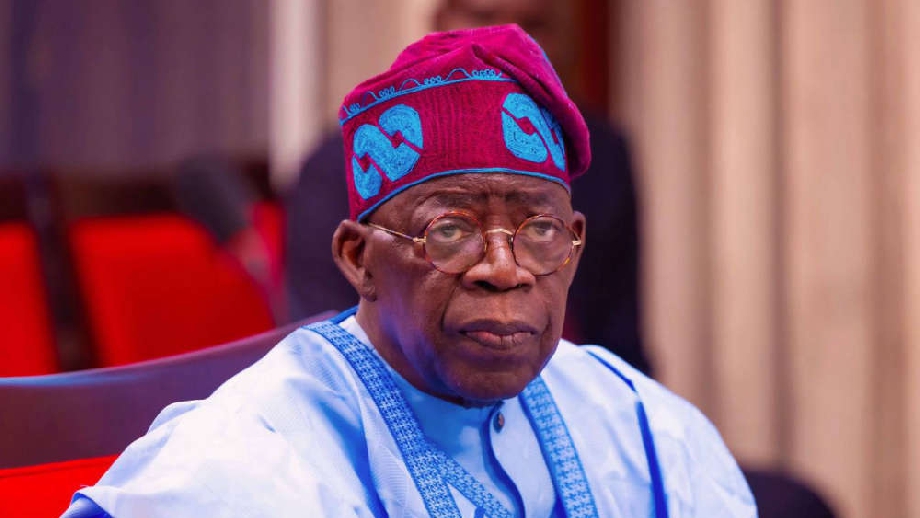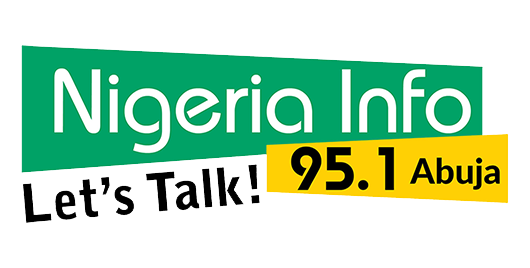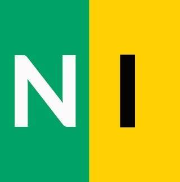
The Nigerian federal government has revealed a plan to revive the country’s flailing economy.
President Bola Tinubu read out the plan in a nationwide broadcast on Monday evening, two days before a planned protest by the Nigeria Labour Congress, the largest workers’ union in the country. The Congress is demanding the return of petrol subsidies, which were stopped in June just after the inauguration of President Tinubu.
The NLC wants measures to be put in place to support Nigerians who have seen a 200 percent rise in petrol prices. It is also asking the government to revive the state-owned refineries.
N100 billion in Mass Transit System
A major part of the economic plan released by President Tinubu on Monday evening includes the alleviation of the people’s sufferings due to subsidy removal. The president said the government will invest N100 billion in a pocket-friendly mass transit system that would use cheaper fuel.
“Part of our program is to roll out buses across the states and local governments for mass transit at a much more affordable rate,” he said. “We have made provision to invest N100 billion between now and March 2024 to acquire 3,000 units of 20-seater CNG-fuelled buses.
“These buses will be shared to major transportation companies in the states, using the intensity of travel per capita. Participating transport companies will be able to access credit under this facility at nine percent per annum with 60 months repayment period.”
Increased Minimum Wage
The president also said Aso Rock Villa was working on increasing the national minimum wage.
“We are also working in collaboration with the labor unions to introduce a new national minimum wage for workers. I want to tell our workers this: your salary review is coming. Once we agree on the new minimum wage and general upward review, we will make budget provisions for it for immediate implementation.
“I want to use this opportunity to salute many private employers in the Organised Private Sector who have already implemented general salary reviews for employees,” President Tinubu said.
He disclosed that the government has saved more than a trillion naira in the two months since the removal of the petrol subsidy. The removal freed up money in June for the three tiers of government – the federal, state, and local governments – to share the largest monthly allocation since January 2023
President Tinubu, who fought against the removal of petrol subsidies by former president Goodluck Jonathan in 2012, said in his Monday evening broadcast that the government subvention has outlived its usefulness. He linked its continuation to government corruption and the emergence of a powerful group of individuals.
“The subsidy cost us trillions of naira yearly. Such a vast sum of money would have been better spent on public transportation, healthcare, schools, housing, and even national security. Instead, it was being funneled into the deep pockets and lavish bank accounts of a select group of individuals.
“This group had amassed so much wealth and power that they became a serious threat to the fairness of our economy and the integrity of our democratic governance. To be blunt, Nigeria could never become the society it was intended to be as long as such small, powerful yet unelected groups hold enormous influence over our political economy and the institutions that govern it,” President Tinubu said.
Massive Investment Planned in Agriculture and Private Enterprises
He also promised to make education more affordable and invest trillions of naira in agriculture and private businesses.
“Our plan to support the cultivation of 500,000 hectares of farmland and all-year-round farming practice remains on course. To be specific, N200 billion out of the N500 billion approved by the National Assembly will be disbursed as follows: our administration will invest N50 billion each to cultivate 150,000 hectares of rice and maize.
“N50 billion each will also be earmarked to cultivate 100,000 hectares of wheat and cassava. This expansive agricultural program will be implemented targeting small-holder farmers and leveraging large-scale private sector players in the agric business with strong performance records."
The planned investments in private enterprises include “N75 billion between July 2023 and March 2024.” This would support 75 manufacturing entities with a billion naira each for “sustainable economic growth, accelerate structural transformation and improved productivity.”
Manufacturers would be able to access the credit at nine percent per annum with a maximum repayment plan of 60 months. N125 billion would go to micro, small, and medium-sized enterprises and the informal sector. The government believes its program for MSMEs will drive financial inclusion by “onboarding beneficiaries into the formal banking system.”


